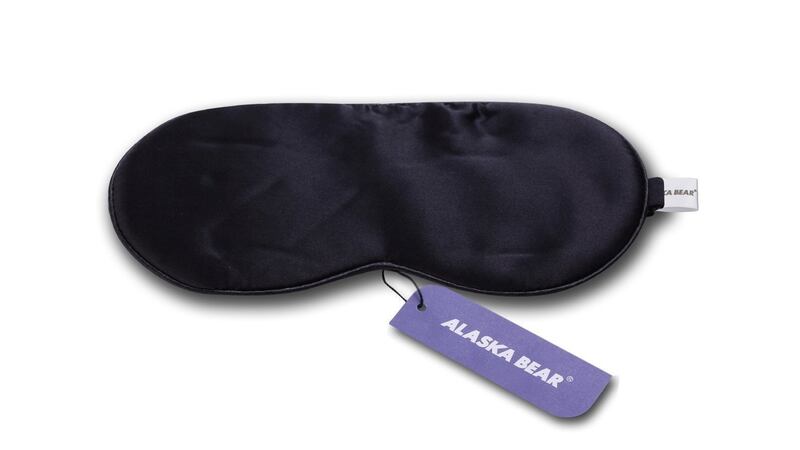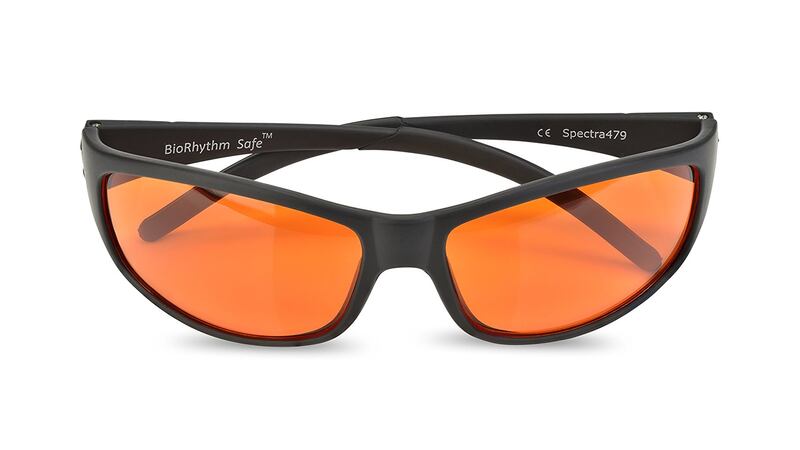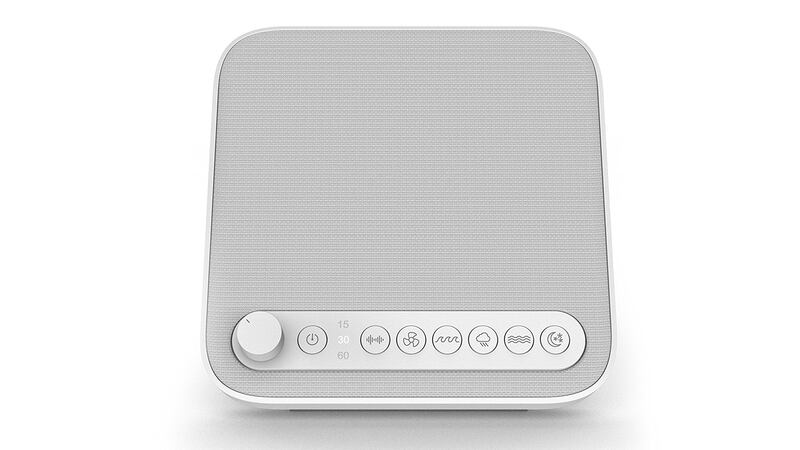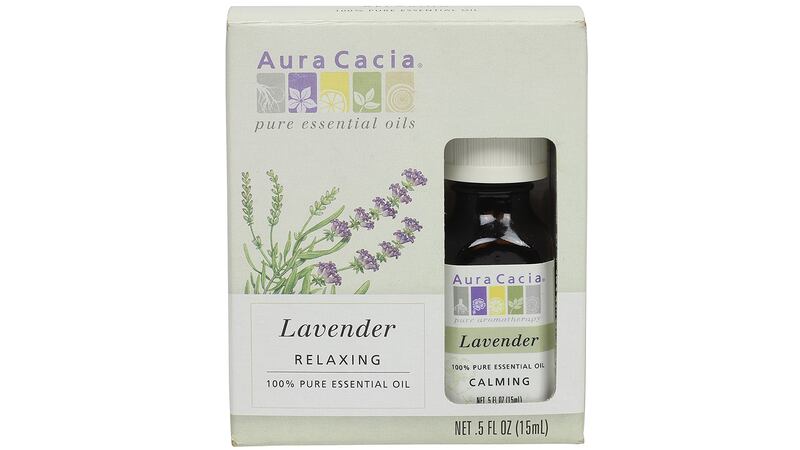Scientifically speaking, there are still plenty of mysteries about why we need sleep and what happens when we’re sleeping, but most of us know these basic realities from experience: it feels amazing to be well-rested and getting the National Sleep Foundation’s recommended 7-9 hours of sleep per night can be frustratingly elusive.
Not being able to catch those z’s has broader implications beyond the horror of lying awake at 3 a.m., certain you’ll be trapped in sleepless purgatory forever. After a bad night of sleep, studies have shown that you may have a harder time remembering things the next day, your ability to do quick decision-making and problem solving may be impaired, and you might be worse at accurately identifying certain emotions in other people (fun!). Not to mention that, big picture, sleep problems can increase your risk for serious health problems including heart disease, strokes, mental distress and all-cause mortality, according to the CDC. (Here’s my obligatory please see a doctor note if you’re experiencing sleep problems.)
So, yup, science supports what many of us already know: not getting enough sleep is the literal worst.
The good news is that as sleep gains more attention, we’re learning more about the process (and products) we need to get to bed. (If you’re a nerd like me and want to learn more about sleep science, check out this great book on the topic.) That said, it’s harder to get to sleep—and stay asleep—than it’s ever been before. Our world today is brighter and louder, not to mention that we’ve got a Twitter-happy president who casually tweets about starting a nuclear war and a nonstop newscycle that, let’s be honest, can be pretty stressful.
Luckily, the sleep tech market is booming: there’s a plethora of available apps, sensors, immersive virtual reality experiences and “smart” mattresses that promise to help you get to bed. But many of these products are in early phases of testing, not to mention immensely overpriced.
There are more budget-friendly ways to boost your sleep routine and turn your room into a sleep sanctuary. And to be clear, the tried and true advice for getting a good night’s rest still holds: try to limit booze, caffeine and electronics before bed. Here are my favorite sleep aids.

Let’s start with the basics: buying a sleep mask is the easiest and cheapest thing you can do for your sleep routine. (You could spring for some blackout shades to achieve the same effect, but this is a lot easier. Plus, blackout shades can be disorienting and may have caused one nameless writer to accidentally sleep through many alarms until 3 p.m.)
The main advantage of a sleep mask is its ability to block out light, some of which you might not even know is there: even a seemingly dark room might be letting in too much light. In a nutshell, light regulates the rhythm of our body. During the day, the light we are exposed to tells us “stay awake!”— but alas, it does the same thing at night.
I use a silk sleep mask because they feel amazing and don’t disrupt my (very) sensitive skin. Reviewers agree that that this specific mask is super soft and really efficient at blocking out light. Plus, as the description for this mask explains, “Mulberry silk is the fabric of the emperors.”

If you work late into the night or can’t resist using your light-emitting gadgets before bed, consider investing in these very, uh, stylish light-blocking glasses. (These cheaper ones are actually pretty stylish but don’t block as much light.)
These glasses work similarly to the “night mode” on the iPhone or f.lux technologies: they turn the bluish hue of electronics into a softer, more orange shade, which helps your body and brain stay in the “time to sleep” mindset.

This white noise machine offers a “seamless looping of 6 soothing nature sounds,” a built-in USB charger for your gadgets and an automatic timer to turn off. In addition to offering the standard white noise, it also gives you the option to fall asleep to rain, sounds of the ocean, streams and “summer nights.”
Machines like this can work in a few ways: if you live in an area where you’re getting lots of sound, it can block out some of the more unpleasant ones in lieu of “summer nights.” And getting sound out of your bedroom is crucial for a good night’s sleep: our brains try to process the sounds we hear during the night, and even though we usually don’t remember that happening, it can impact the quality and quantity of our rest.

Lavender has a well-established reputation of being therapeutic in many ways, including having the potential to soothe your mood and help you sleep.
My favorite method is to add a few drops of this essential oil (it’s very strong!) to an empty spray bottle (here’s one, if you please) with a little bit of water and mist it around my bedroom and over my pillows.
This has the added perk of being a sleep ritual: by doing this every night, I’m Pavlovian-dog-training myself into associating lavender mist with bedtime. Having a ritual, even if it’s just spritz n’ sleep, is a super helpful way to remind yourself that sleep is an important event, one to be treated seriously and with care.
***
Of course you’ll need to figure out which of these, or which combination, works best for your specific needs. But these options are all pretty affordable, which means investing in your sleep sanctuary won’t break the bank. You’ll be amazed (I was!) by how a few simple tweaks to your living space can dramatically improve your sleep and, by extension, your quality of life.






